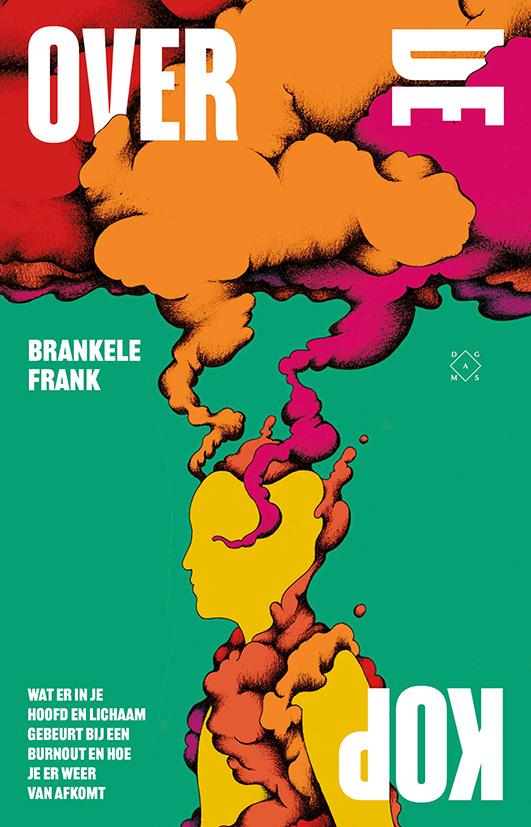Headstrong
What happens in your body and brain during ‘burnout’ and how to recover
Brankele Frank thought she could do it all. Combining a career as a neurobiologist with a job as a strategic consultant for McKinsey? Writing for newspapers and magazines? No problem, there was still enough time for a triathlon. But when her life comes to a screeching halt her first concern is recovery. After a while, Frank begins to search for answers.

What does one experience during burnout? Frank starts thinking about her experiences from a scientific point of view. She is, after all, a neurobiologist, interested in the human brain and its limitations. The decision to write a book about her experiences turns out to be much more difficult than she thought. It is some time before she dares to admit to herself that writing the book has triggered a second collapse.
At this point, the story becomes heart-wrenching to read. Frank is still looking for scientific answers, but her search turns into something personal. The result is a lucid study of her brain, as well as an analysis of a widespread phenomenon. Frank writes with gusto and humour, though the tone is serious when she realises she may never completely recover. Not only a book about stress and the immune system, Headstrong is an indictment of our performance-driven society.
A neurobiologist crashes and burns, not once but twice
Deeply personal and thoroughly scientific memoir about the price of success
Physical and mental collapse due to overwork is becoming increasingly common
Year of publication
2023
Page count
340
Publisher
Das Mag
Rights
Sebes & Bisseling
Rik Kleuver
kleuver@sebes.nl
Paul Sebes
sebes@kleuver.nl
Sample translation available
A thorough analysis of international scientific literature, written like a gripping whodunnit, in a drily humorous style.
Het Parool
Neurobiologist Brankele Frank finds out what burnout really means for body and mind.
NRC
More Non-Fiction

Entrepreneurs in the Wild
The dispiriting story of a club of white benefactors in Africa: how nature parks have been corralled by modern imperialism

Burdened House
A bestselling memoir about the space one occupies in society as a woman; about loneliness, fear and the choices we make in love.

Land of Thieves: Survival in the Middle Ages
Brilliantly-researched, groundbreaking reconstruction of daily life in the fifteenth century

The Life of Mice
How living with rescue mice leads to a broader ethical enquiry into animal rights
-joris-casaer-hr.jpg&w=640&q=75)